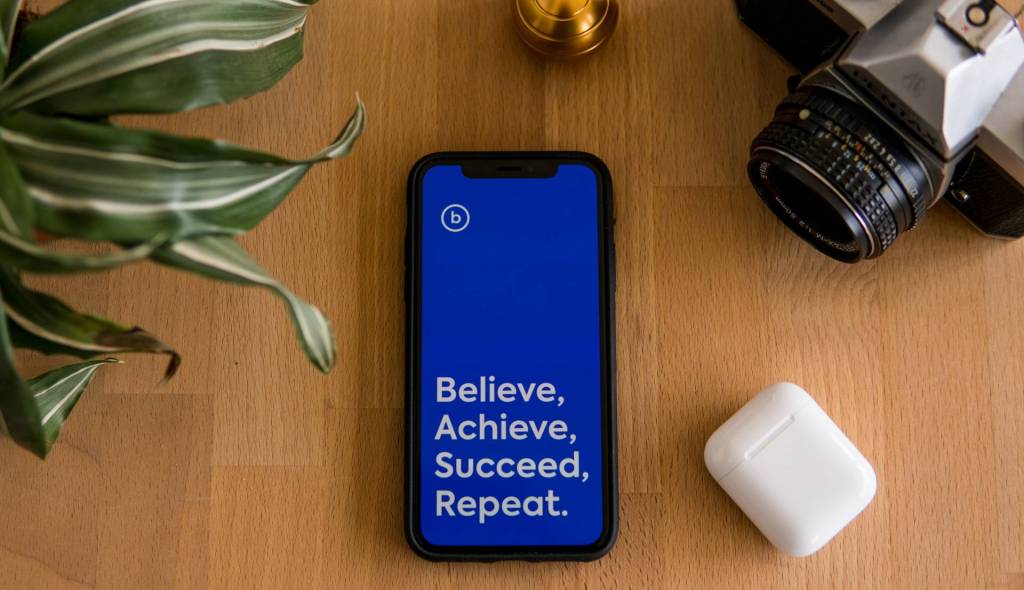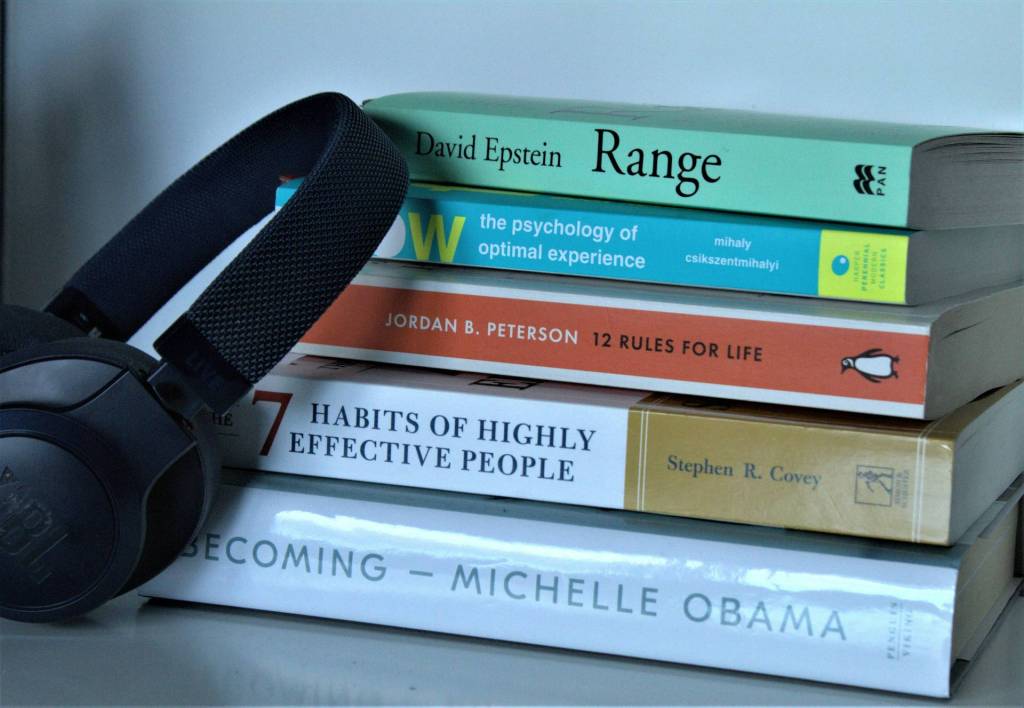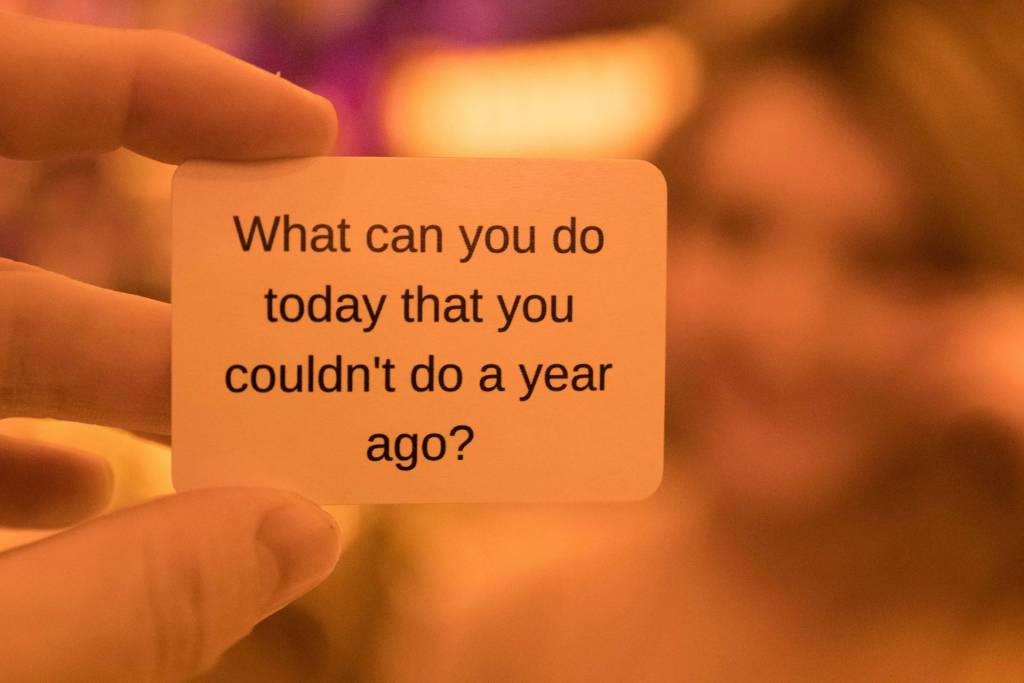 According to a recently released survey by the healthcare company Cigna, Gen Z is the loneliest generation followed by the millennials. Gen Z has an overall loneliness score of 48.3 and millennials have a score of 45.3. This survey has been conducted with more than 20,000 Americans who are 18 years and older.
According to a recently released survey by the healthcare company Cigna, Gen Z is the loneliest generation followed by the millennials. Gen Z has an overall loneliness score of 48.3 and millennials have a score of 45.3. This survey has been conducted with more than 20,000 Americans who are 18 years and older.
The survey has several interesting highlights. First of all, social media use alone is not a predictor of loneliness. Secondly, students have higher loneliness scores than retirees. Finally, there is no major difference between men and women and no major difference between races when it comes to average loneliness scores. The survey also shows that individuals who are less lonely are more likely to have regular in-person interactions, are in good overall physical and mental health, have found a balance in their daily activities, and are employed.
Research also points out that levels of in-person interactions, physical and mental wellness and life balance are more likely to predict loneliness than social media usage. For instance, those respondents defined as very heavy users of social media have a loneliness score of 43.5 compared to the ones who never use social media with a loneliness score of 41.7.
Unfortunately, most young Americans have the feeling that they have to be busy all the time. Otherwise, they feel they will fall behind others and won’t be successful. Therefore, they spend work related time with their peers and this is not usually a high quality time. As a result, they don’t really get to know each other well enough to be real friends.
The worst part is that when these young adults find any time to rest or relax, they usually spend this time on their cell phones looking at their social media or surfing on the internet. Instead, if they call a friend to go out or go to gym to workout in their spare times, they feel guilty that they spend too much time for leisure and don’t work hard enough like others.
In order to prevent this loneliness, parents should oversee their children and encourage them to have enough sleep, balance between work and life, make some time for activities like going to a movie, a restaurant or shopping in the mall with friends, travel to a nearby place, do some sports to refresh their minds or anything that allows them to move away from their course work. Periods of these type will allow these young adults to rest and recharge. As a result, they will be able to work smarter and longer.













